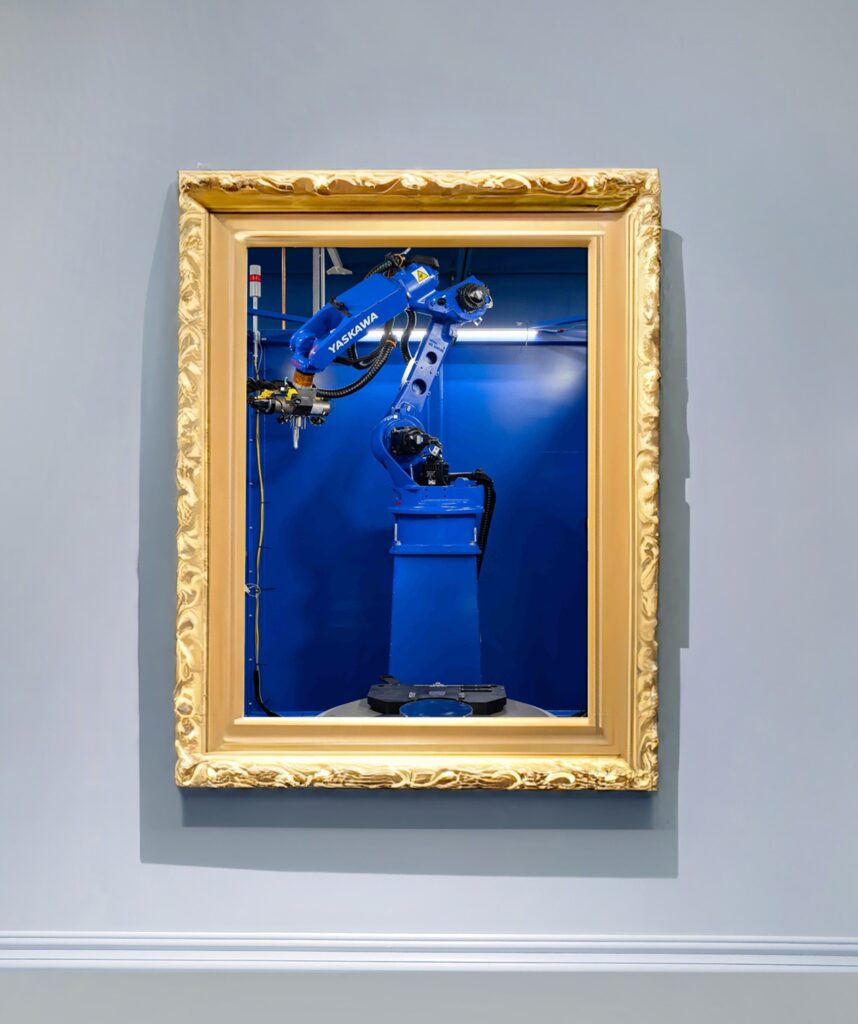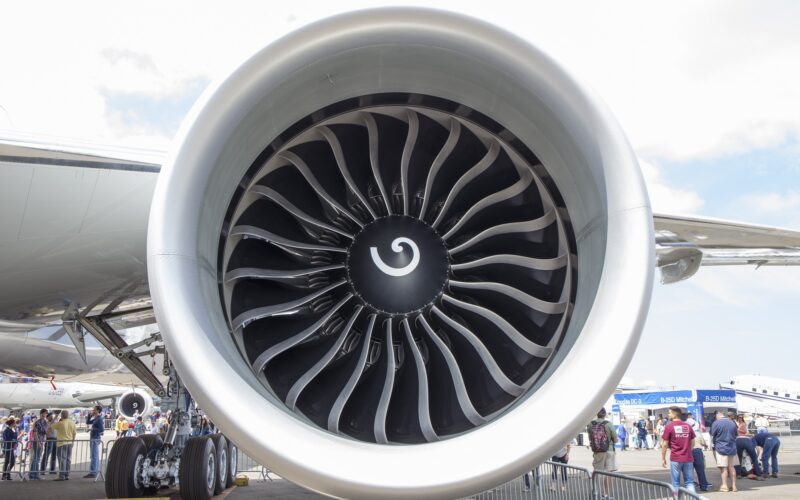The US firm GE Aerospace will adopt a new cutting-edge X-ray inspection device to improve the way the company analyses metal parts, after entering an agreement with Bruker, a leading provider of analytical tools for material characterization.
Bruker has developed a non-destructive open beam X-ray fluorescence spectroscopy (XRF) inspection device that is capable of detecting microstructural variations in metal parts.
The new technology will allow GE Aerospace to improve the quality and detail of part inspections and help reduce the airline’s costs by more accurately pinpointing repaired parts that can be reused and those that need to be replaced.
“This will help reduce supply chain constraints with the manufacture of new parts, improving the overall turnaround time of our engine overhauls,” GE Aerospace said.
The new process and device are already deployed in the art world to expose forgeries where detailed inspections of materials are crucial in determining whether a painting or sculpture is genuine.
The technology will be used at GE Aerospace’s new Services Technology Acceleration Center (STAC), in Springdale, Ohio, which opens in September 2024.
“We’re excited to be opening our new STAC facility, which will serve as a major accelerator for scaling and deploying cutting edge inspection and repair processes to market,” said Nicole Jenkins, Chief MRO Engineer, GE Aerospace.

She added: “We have already begun moving equipment into the facility and preparing to launch our first inspection process that takes a page from the art world to improve the quality and speed of detecting chemical anomalies in metal parts.”
Both artwork and metal parts in jet engines contain a chemical composition so the technology can be applied broadly and accurately to both.
In art and conservation, XRF is used to image and see aspects of an art object’s chemical composition that can tell you about the history of its origin and how to restore it or, in some cases, whether the piece is real or fake.
For metal part inspections, the XRF provides a view of the part’s chemical composition that can help a service engineer more-readily spot anomalies.
“We are excited to extend our most advanced XRF technology into the Aerospace industry, contributing to set a new standard in non-destructive chemical analysis techniques and therefore helping to support aircraft component re-manufacturing quality,” Thomas Schuelein, President of Bruker’s Nano Analytics Division, said.
GE Aerospace already adopts ultrasound, computed tomography, flash thermography, eddy current testing, fluorescent penetrant inspection, and dimensional metrology to inspect engine components, depending on what can best interrogate a given material or part.
“With the new XRF technology we have developed in partnership with Bruker, we’re inspecting metal jet engine parts at the same level of forensic detail museums and auction houses use to identify forged pieces of artwork. This new inspection will allow us to be even more vigilant with verifying the integrity of metal parts,” Jenkins added.











